The EU Songbook Association
– coordinating editors:
 Editor (song categories, song nominations, song votes, introductions, translations, verse, layout)
Editor (song categories, song nominations, song votes, introductions, translations, verse, layout)
Jeppe Marsling, Denmark
Graduated his secondary education from Sct. Annae Music High School, president of OBESSU, Organizing Bureau of European School Student Unions (1994-96). After studying Philosophy at Roskilde University (1996-2003), he published a children’s book (Animals of Asgaard, 2007) and essays; editor of culture and editor in chief of the Copenhagen Newspaper (2006-09). In 2006, he wrote lyrics for the choir piece Hymn for Human Rights. Editor for film (2013-15), editor for Europe (2015-16) on the online magazine Netudgaven. Co-founder of the EU Songbook Association, 2015; chairman and secretary general until 2024.
 Editor (translation, illustration, layout)
Editor (translation, illustration, layout)
David Drachmann Laureng, Denmark
Educated Scenic artist from The Royal Theatre in Copenhagen, where he accordingly worked (1996-2016) and served as a board member (2012-15), and BA of Art History and Educational Theory. Ad hoc teacher at the Danish National School of Performing Arts; art director and head character designer for the film “Strings” (Anders Rønnow Klarlund, 2004); illustrator of the children book “Animals of Asgaard” (Gyldendal, 2007); artistic director on the puppet film “Strings” (2006). Has been speech writer for former Minister of Employment, Jytte Andersen. Recently he has been heading the restoration of the stage of Denmark’s oldest theater, Rønne Theater, and is currently a historic consultant for the board who is restoring The Royal Court Theater. Made the art work for the EU Songbook’s 27 song nominations and national song votes since 2015. Vice-president until 2024.
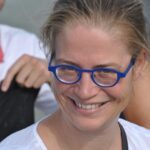
Editor (song nominations & song vote Belgium, score analysis, score proofreading, layout)
Liesbeth Segers, Belgium
Apart from being central music editor for the EU Songbook, she is one of three national EU Songbook editors for Belgium, representing Koor&Stem, a non-profit organisation and national choir union where she – in a team of professionals and volunteers – are working hard to facilitate 1000 choirs across Flanders, the Dutch-speaking part of Belgium. She has a degree in musicology from University of Leuven, Belgium, and University of Bristol, and has since 2007 been working with music education and choir sheet publication at the international music library at Koor&Stem. She has taught music history at both Servais Academie Halle, Heilig Hartcollege Tervuren, Stedelijk Conservatorium Hasselt, SAMWD Lier, SGI Lennik and OLV College Vilvoorde and has done research at Studiecentrum voor Vlaamse Muziek. She has also done and done several introductions to concerts (De Singel and Bozar). With a degree in languages, she speaks Dutch, French, English, German and Swedish: a useful capacity when proofreading the engraved scores for the EU Songbook. Furthermore she has contributed to the shaping of the both editorial principles and layout for the EU Songbook, with emphasis on how to best incorporate QR-codes. Board member of the EU Songbook Association until 2024.

Editor (music engraving, score analysis, translations, layout)
Lars Kynde, Denmark
educated from The Royal Conservatoire and Royal Academy of Art, The Hague, The Netherlands. Master of Music, ArtScience department (2010), and Royal Danish Academy of Music (2007). Composer. Inventor of conceptual music instruments and idiosyncratic music notation, receiver of Developer of new performance practices. Since 2017 Lars has taught young students (9-17 years) on The Royal Danish Academy of Music, DK. Five times recipient of Composers working grant, Danish Art Foundation (DK), two times recipient of Composers Working grant, Danish Composers’ Society (DK). In 2011, First Prize winner for “Wandelende Tak”, Tokyo Wonder Site. William Hansen Music Publishing has selected him as editor of a planned collection of symphonies by Danish composer Per Nørgaard. Kynde has contributed to forming the template for typing the 164 scores, sent from national partners to the EU Songbook Association, and is himself a music engraver in the project. Furthermore he is advising our 27 translators of verse on how to add their cantabile English versions onto the scores in notation software Finale, Sibelius and Musescore.

Editor (music engraving, score analysis, translations)
Anders Monrad, Denmark
is a Danish composer, pianist and interaction artist. After his formal education in classical composition from the Royal Danish Academy of Music and the Royal Academy of Music in London (2011), Monrad has been primarily interested in collaborations with other art forms – for example in the conceptual piece “Mærsk The Opera” from 2012. Monrad has been working with numerous musical experiments especially projects including algorithmic composition for digital media: for example music-generating computer games, interactive musical setups with quadcopters and programming of musical apps for iPhone and iPad – in collaborations with Copenhagen Game Collective and artists group Haandholdt for whom he developed the iPhone app “Virtuoso” in 2014, among others. Anders Monrad is a music engraver in the EU Songbook and has contributed to forming the editorial guidelines for the EU Songbook.
https://www.andersmonrad.com/biography

Editor (music engraving, score analysis, translations)
Connor McLean, USA
is a composer and folksinger from Chicago, currently living in Copenhagen where he studied composition at the Royal Danish Academy of Music. In 2018 Connor received his Bmus from the Royal Welsh College of Music and Drama. His music has been performed by ensembles such as The Arctic Sinfonietta, The Ligeti Quartet, Tema Quartet, K!art, Ensemble Mol0t, Victor Koch and the Nieuw Ensemble among others. As a folksinger and songwriter he regularly plays and records his own music as well as traditional American and British music. Connor McLean is a music engraver in the the EU Songbook: together with selected national EU Songbook editors, he is advising the 27 translators on the “singabilty” of the 164 cantabile English translations.
***
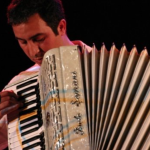 Editor – until aug. 2020 (song categories, song nomination Italy, scores)
Editor – until aug. 2020 (song categories, song nomination Italy, scores)
Francesco Cali, Italy
Educated as pianist and composer from the music conservatory in Catania. Since 1991 he has published many works, both classical and jazz, instrumental and for choir. Among those Hymn for Human Rights with Chamber Choir Hymnia. Having won the international competition “Pepinières Européennes pour Jeunes Artistes” he was invited to the music Conservatory in Copenhagen. He now resides in Copenhagen where he has established his family. Co-founder of the EU Songbook Association, 2015.
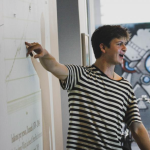 Editor – until 2017 (song categories, song nominations Germany & France & the German song vote)
Editor – until 2017 (song categories, song nominations Germany & France & the German song vote)
Jon Egeris Karstoft, Denmark
Student of economics at the University of Copenhagen. He has lived in both France and Germany. In 2011, he co-founded the youth wing of the SSW, the party of the Danish minority in Germany. Two years later, he was the European delegate of the youth wing, joining in on the debate in the European Free Alliance. When he doesn’t study, he writes about European politics for Ræson, a Danish international affairs magazine, and co-organises the Song Marathon, a major open air event in Copenhagen. Co-founder of the EU Songbook Association, 2015; vice chairman until 2021.
***
54 national EU Songbook editors from 21 music associations and 23 music institutions:
1. Austria:
Dr. Eva Maria Hois, Steirisches Volksliedwerk – https://www.steirisches-volksliedwerk.at/
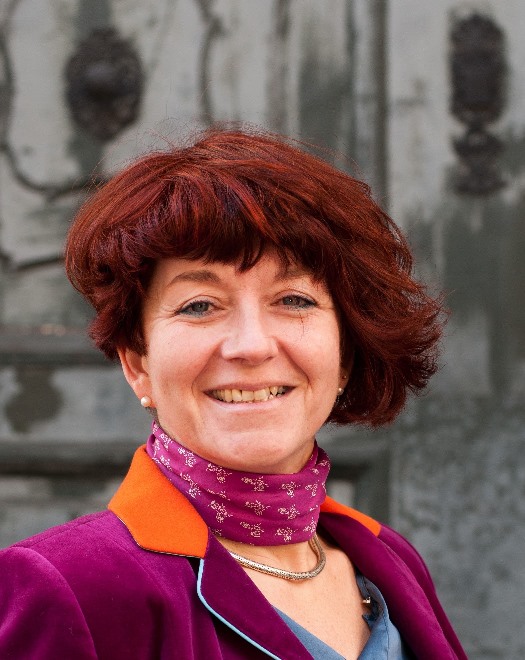
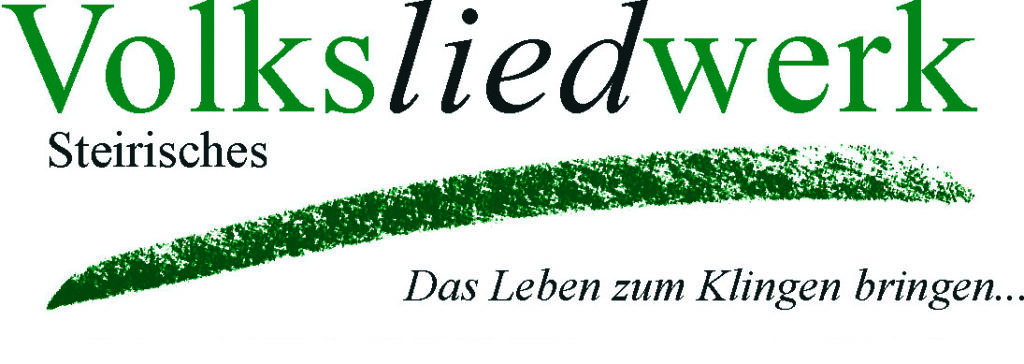
Dr. Sarah Weiss, Kunst Universität Graz (KUG) – https://www.kug.ac.at/
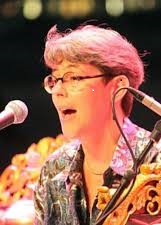
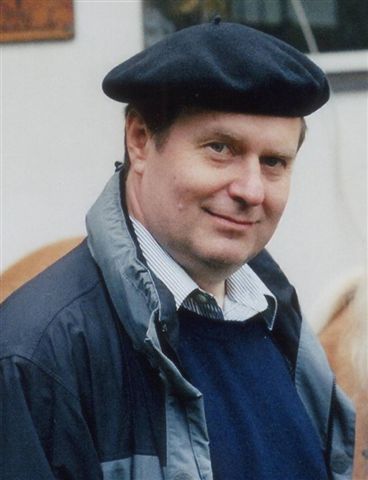
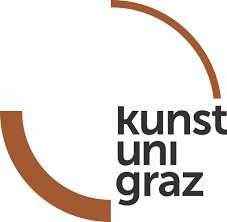
Dr. Helmut Brenner – in memoriam, Kunst Universität Graz (KUG) – https://www.kug.ac.at/
“Under the title Voices of Peoples in Songs Johann Gottfried Herder published a collection of folk songs in 1807 – the title would fit well for the EU Songbook! The EU is increasingly becoming a unit, but the strength of this unit is its diversity. If the peoples of EU would contribute to the Songbook, thus somewhat better understanding this diversity, much would be gained. “Who sings together, do not shoot each other” – what more is to be won?”
2. Belgium:
Liesbeth Segers and Erik Demarbaix, Koor&Stem – https://www.koorenstem.be/en
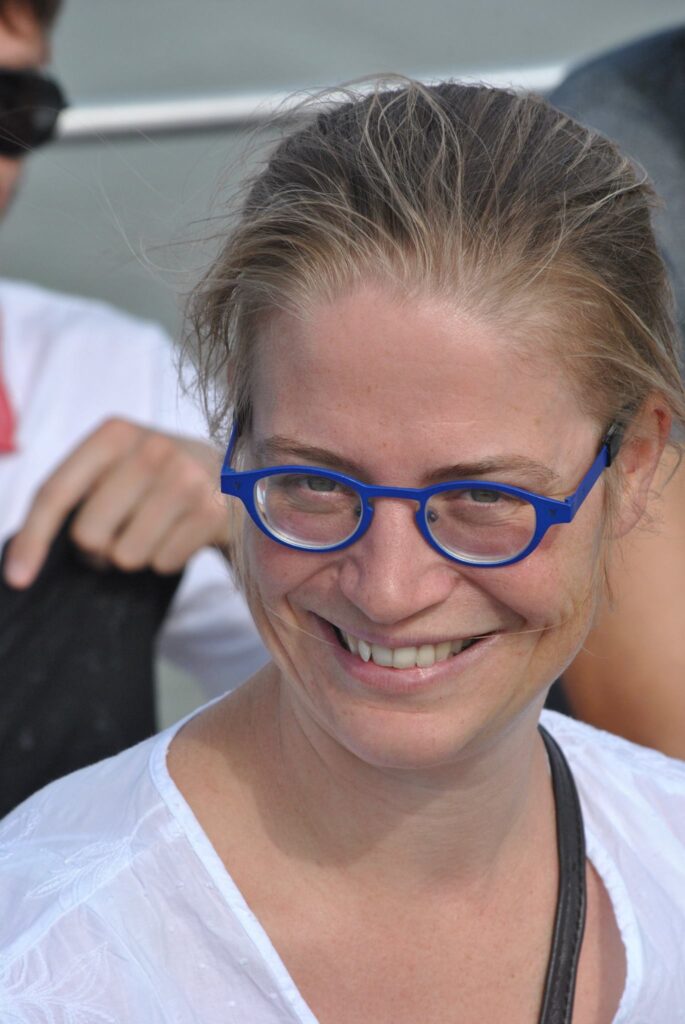

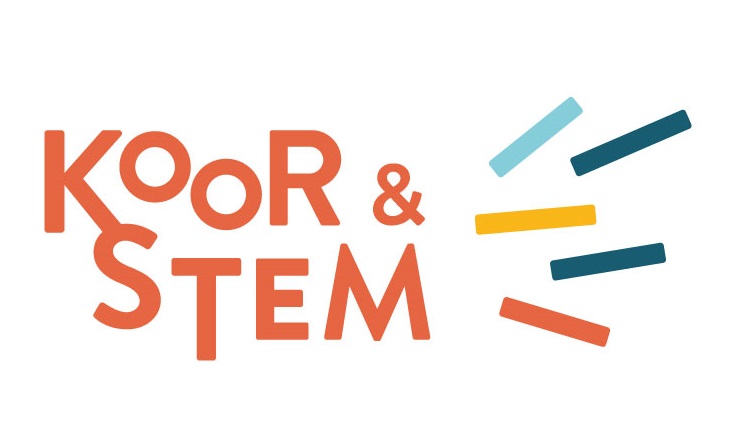
“One of the interesting treasures of Belgium is its function as a unique crossroad between German and Roman culture, between the Dutch speaking part Flanders in the North and the French speaking part Wallonia in the South. It’s represented in the huge source of songs from folksong to contemporary pop songs. It unites people in singing, creates a unique brotherhood in the heart of Europe, across borders.”
Noël Minet, Chairman, and Reynald Sac, À Cœur Joie, Fédération Chorale Wallonie-Bruxelles (FCWB)
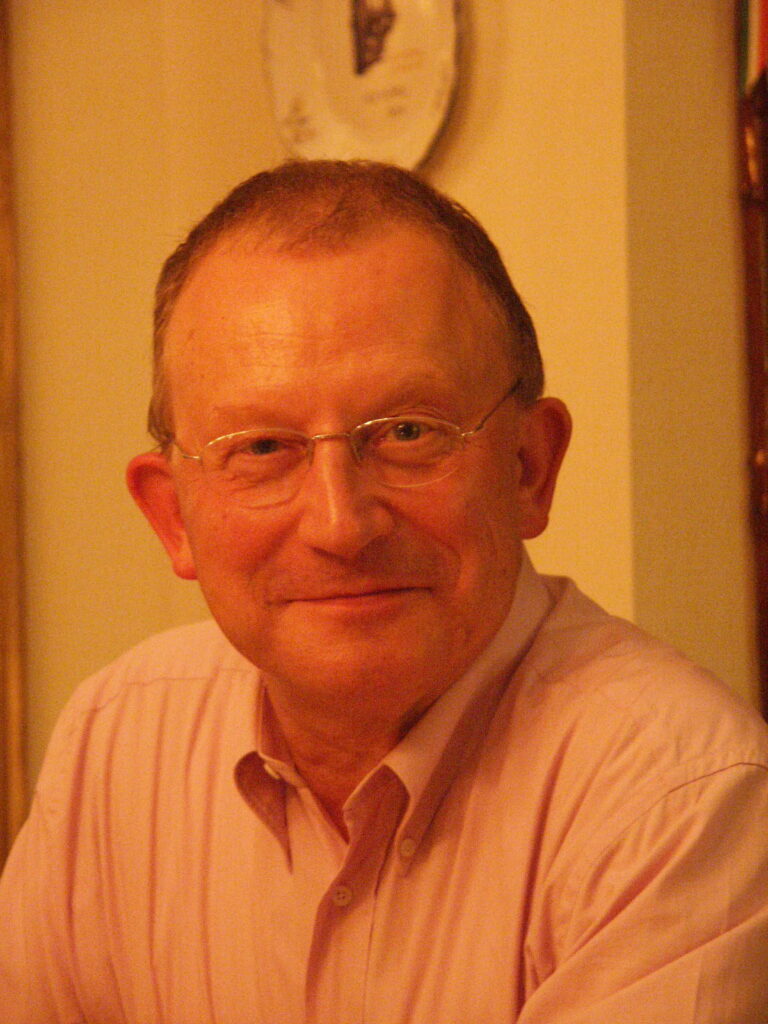
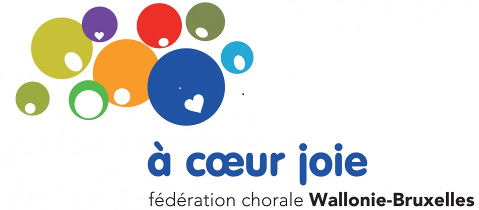
3. Bulgaria:
Toni Shekerdzhieva-Nowak, Rector, Jean Pehlivanov, Music Academy of Plovdiv (AMDFA)
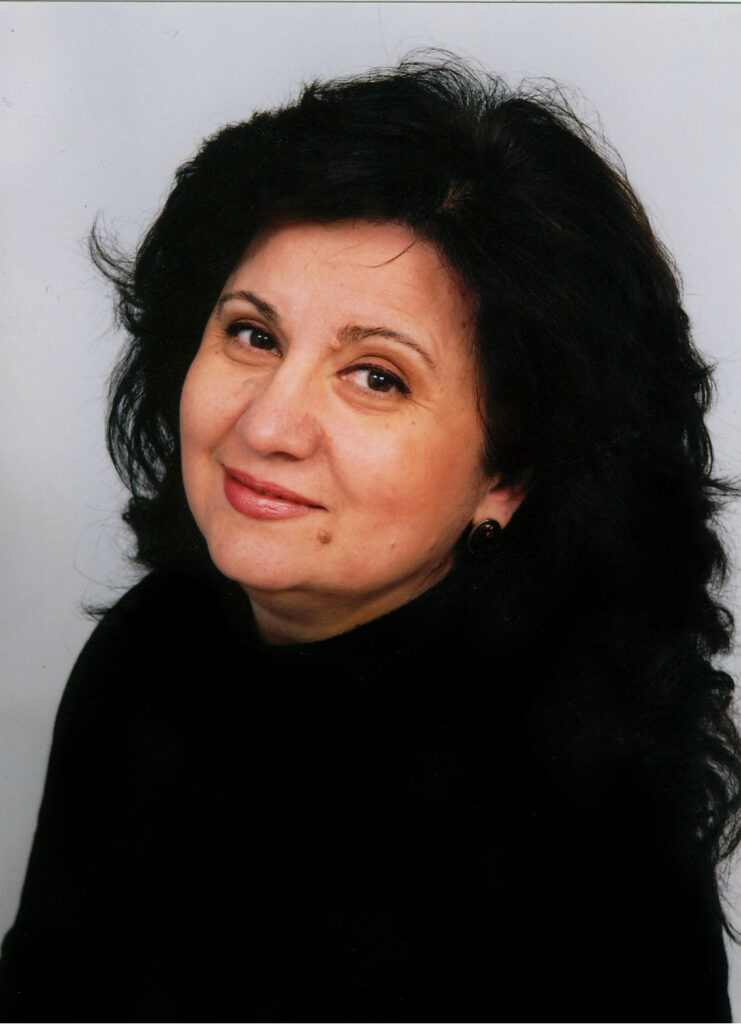

“The ability to bring together some of Europe’s most loved songs is something truly inspiring! I welcome the idea and I am glad that with my editorial work I support its realization. Presented are songs in six categories, offered by students and teachers from Bulgarian music academies. Good luck!”
4. Croatia:
Jasenka Ostojić, Head of depart. of Conducting, Harp and Percussion Department, University of Zagreb Music Academy

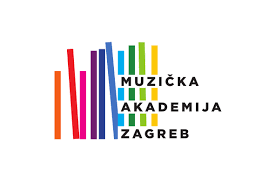
“The proposed Croatian songs partly reflect the great wealth of Croatian tradition and culture, as well as regional diversity of languages, customs and music practices (…), and partly consist of classical compositions from different periods, up to contemporary everyday songs. The autonomy and beauty of Croatian traditional heritage, as well as the melodious quality of classical and contemporary songs, are evidence of the great love our people have for singing and make an important and distinctive link in the colourful, vibrant cultural chain of European nations.”
5. Cyprus:
Egli Spyridaki, Director, and Ayis Ioannides, Music Academy ARTE

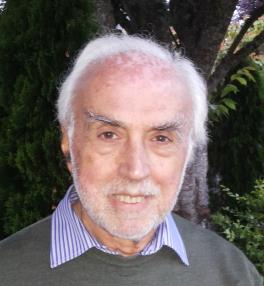
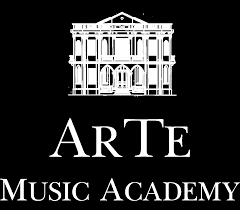
“Cyprus is a small island with an enormous cultural heritage. It is the island of Aphrodite, goddess of love and passion, which is reflected in our folksongs, as well as the beauties of nature and the importance of the family. Our songs also talk about our history, about the conquerors who have passed by, and the struggles of our people for peace and freedom. Music unites people across race, religion, politics and beliefs! This is our belief and why we feel great joy to be given the opportunity to participate in the European Union Songbook. (Egli Spyridaki)”
6. Czech Republic:
Hanuš Bartoň, in memoriam, former head of dept, Academy of Performing Arts in Prague (AMU)


“The selection of nominated Czech songs includes both folk and popular compositions from different historical periods and genres. It includes songs by Czech classics and contemporary composers, anonymous works from the Middle Ages to the present, as well as presentations from recent and contemporary popular music (Hanuš Bartoň, AMU)”
Lukáš Prchal, The Czech Choral Union (UČPS)

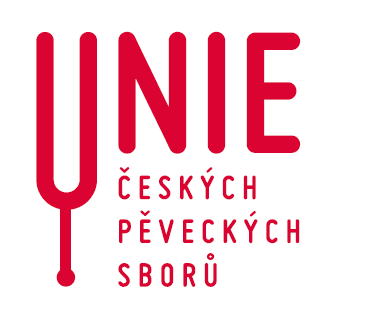
Kateřina Růžičková & Adam Klemens, Ochranný svaz autorský pro práva k dílům hudebním / Copyrights protection of musicians and text writers (OSA)
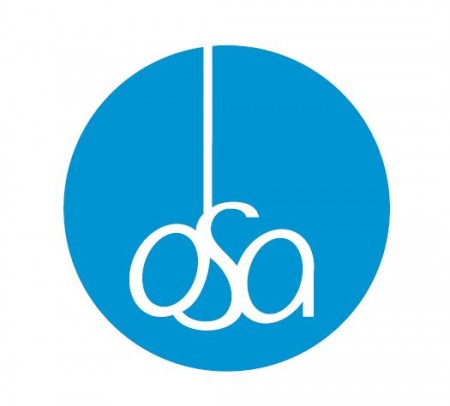
7. Denmark:
Henrik Marstal, Associate professor, Rhythmic Music Conservatory (RMC):
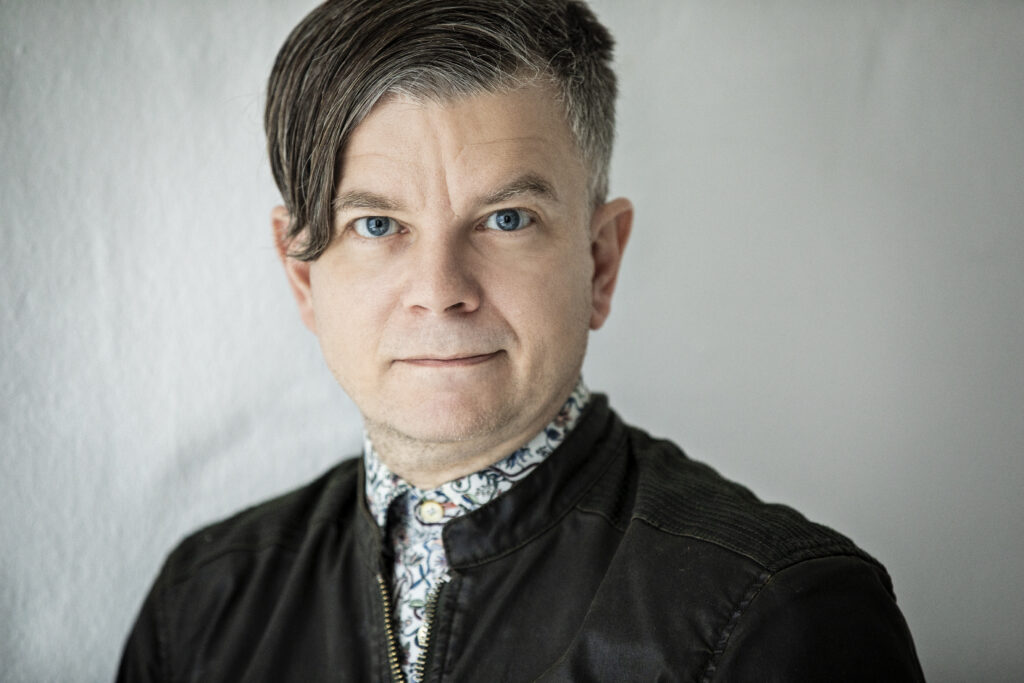
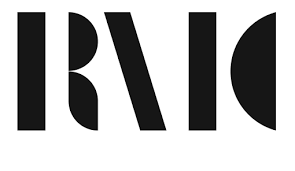
8. Estonia:
Kaie Tanner, Estonian Choral Association (ECA) & Kadi Härma, Estonian Society for Music Education
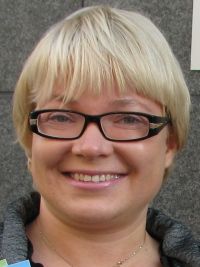
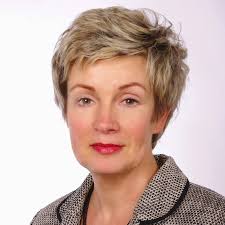
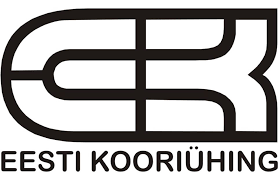
“It is a very good idea that the peoples of the European Union are invited to choose the songs to represent themselves, and that they through a common song book will be introduced to the music of their neighbors. The Estonian Choral Society Music Council was very pleased think about this project! (Kaie Tanner).”
9. Finland:
Reijo Kekkonen, Publishing diretor, The Finnish Amateur Musicians’ Association (SULASOL)
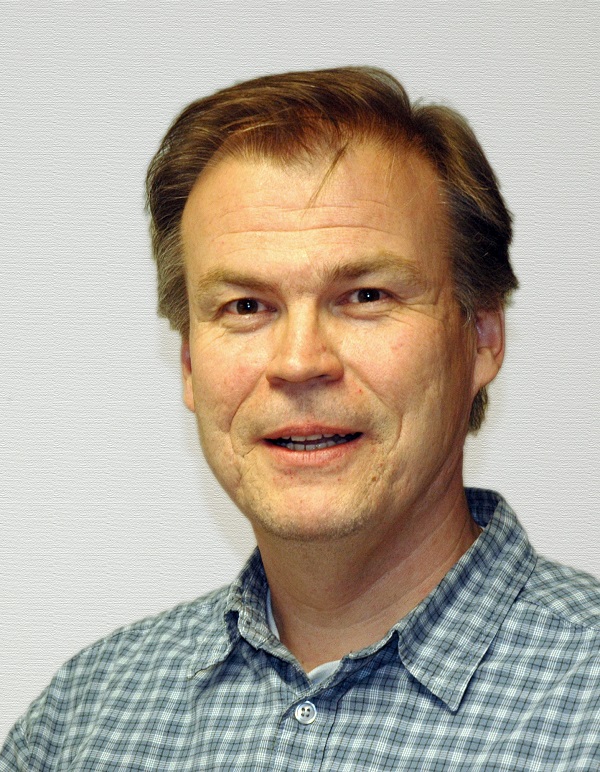
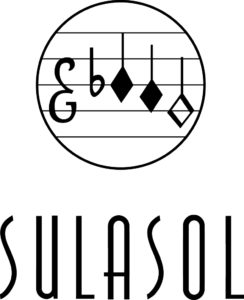
“Finland has a rich singing tradition in between east and west. Influences vary from the melancholy Slavic traditions to happy and joyous Nordic heritage of songs. We are happy to share some of our besties with the European Union. Let’s sing together! (Reijo Kekkonen, Sulasol)”
Dr. Vesa Kurkela, Sibelius Academy, University of the Arts Helsinki
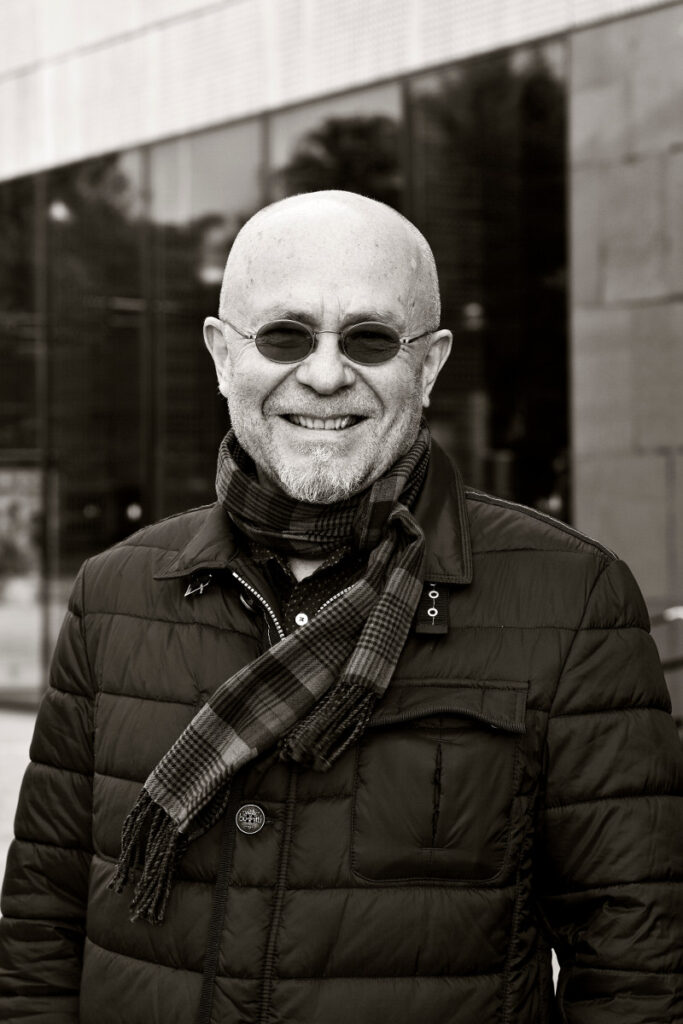
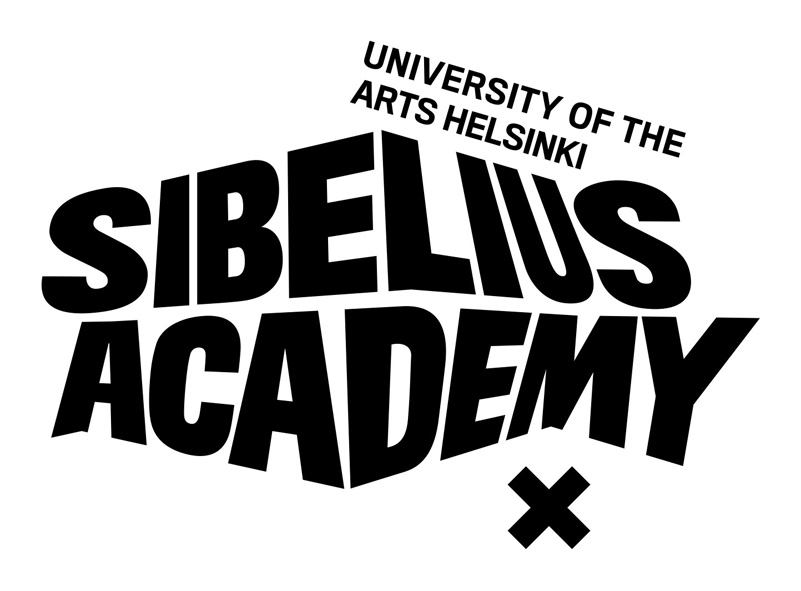
Juha Henriksson, director, Music Archive Finland
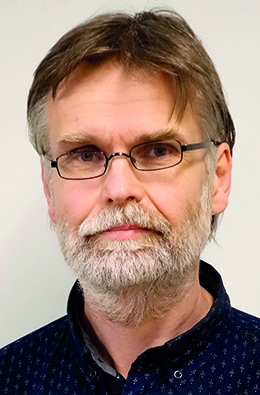

10. France:
Jacques Moreau and Jean Blanchard, CEFEDEM, Training Center for Teachers of Music, Auvergne Rhône-Alpes
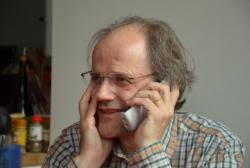
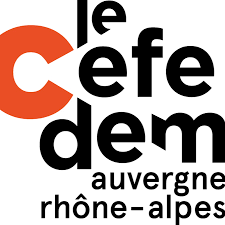
“It’s a great project that brings together so many songs representing the diversity of the singing culture that everyone shares, from the youngest to the oldest. France has a rich repertoire of songs from both old and new times and the songs nominated here are to be integrated into a greater whole with the aim of sharing and allowing culture meetings. I encourage everyone to express their choice and become part of this generous company.”
11. Germany:
Prof. Ekkehard Klemm, president of Association of German Concert Choirs (VDKC), Head of Conducting Department, University of Music Dresden
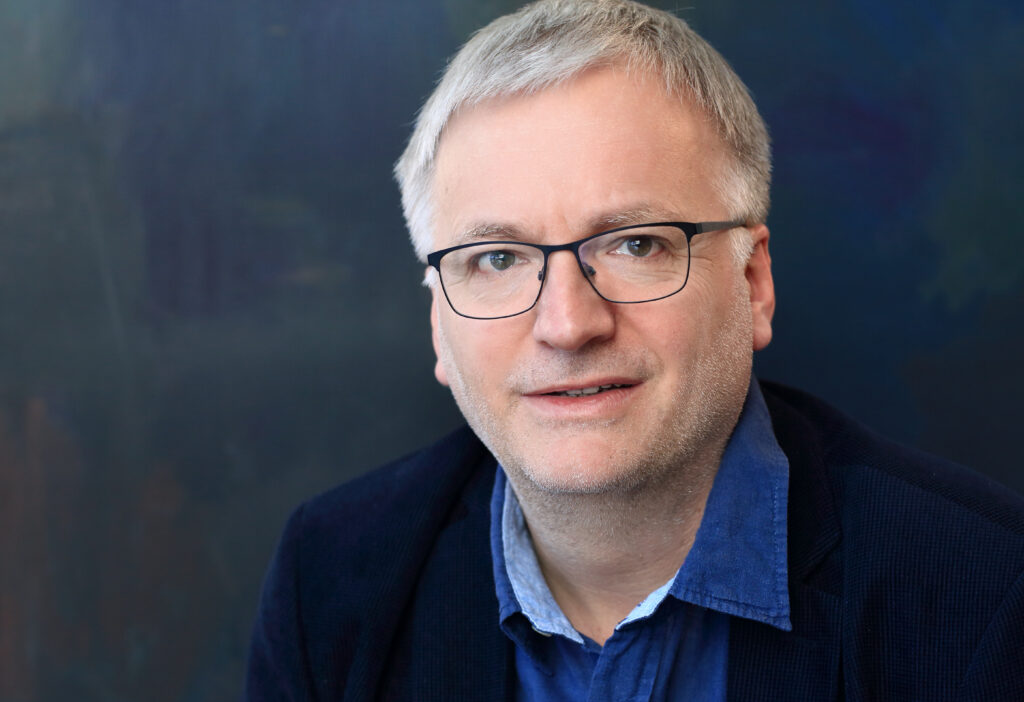
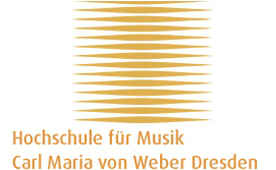

“Understanding in Europe is above all knowing the impressions of other cultures. The EU Songbook is a wonderful initiative to pursue this goal and thus building on the best ideas of the Enlightenment. Through the song vote singers will get to know the opinions of thousands of contemporaries.”
12. Greece:
Thomas Louziotis, President, The Hellenic Choirs Association
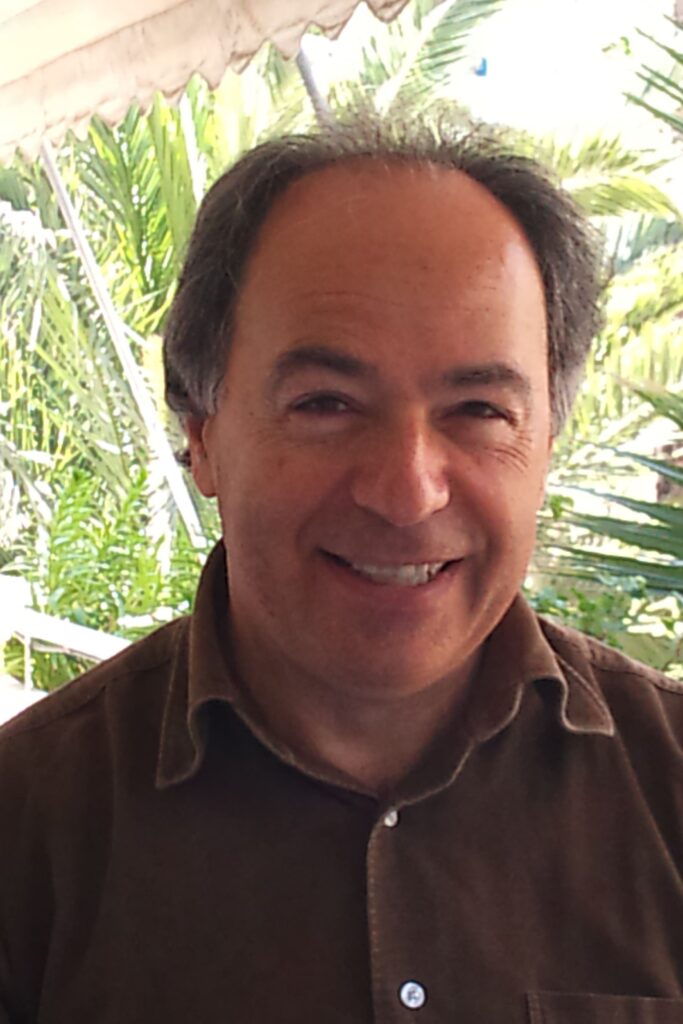
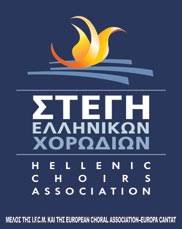
“I think this is a very interesting and original idea. There has not been a corresponding anthology of European songs. Through this effort, both the culture of each country and those that unite Europe are presented. If politics is what separates people, art, culture is what unites us”.
13. Hungary:
KÓTA, National Association of Hungarian Choirs and Orchestras
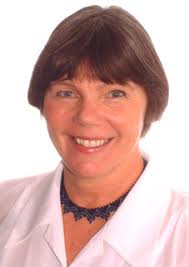
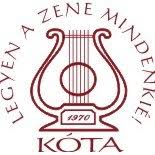
“In our wonderful songs, reflecting our thousand years old histor, you can hear the feeling of togetherness, deep emotion, but also the famous Hungarian temperament. We are Kodály Zoltán’s singing country – and he said: „Music should belong to everyone”. The nominated Hungarian songs were compiled according to many people’s taste, and we hope it will bring delight and joy for every European music lover and singer.”
14. Ireland:
Mark Armstrong and Dermot O’Callaghan, SING IRELAND – https://www.singireland.ie/about/mission

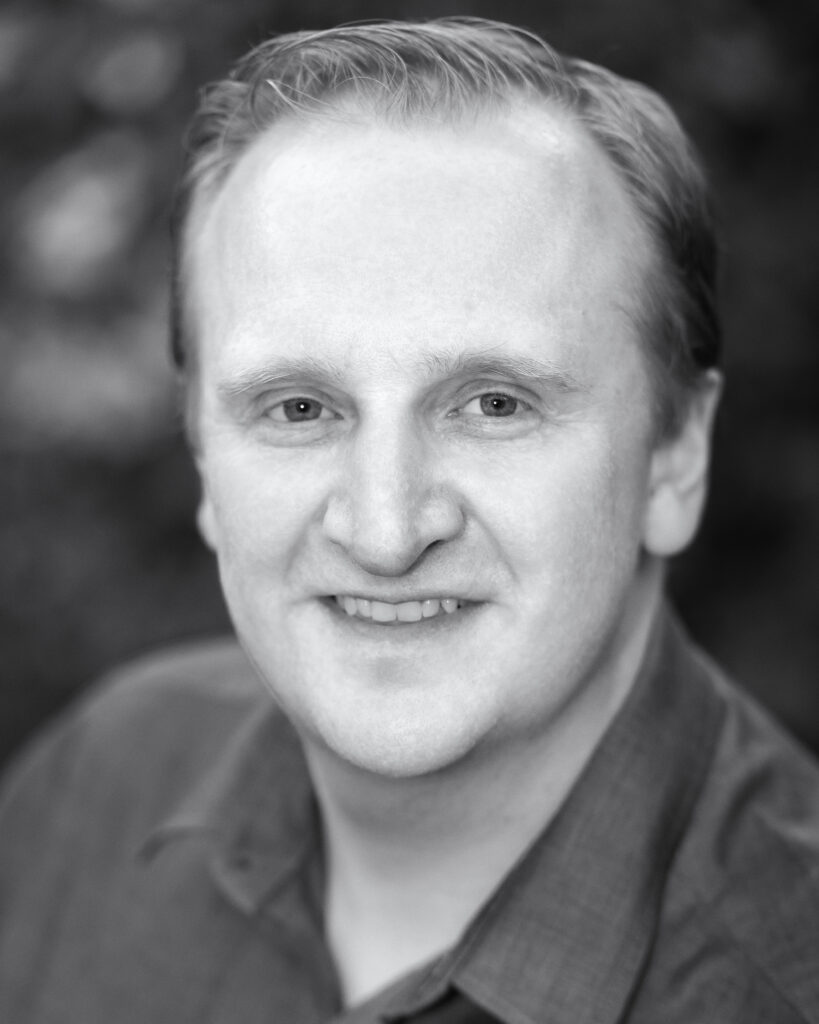

Maria Judge, Head of Musicianship and Academic Studies, Cork School of Music (CIT)
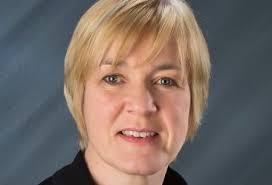
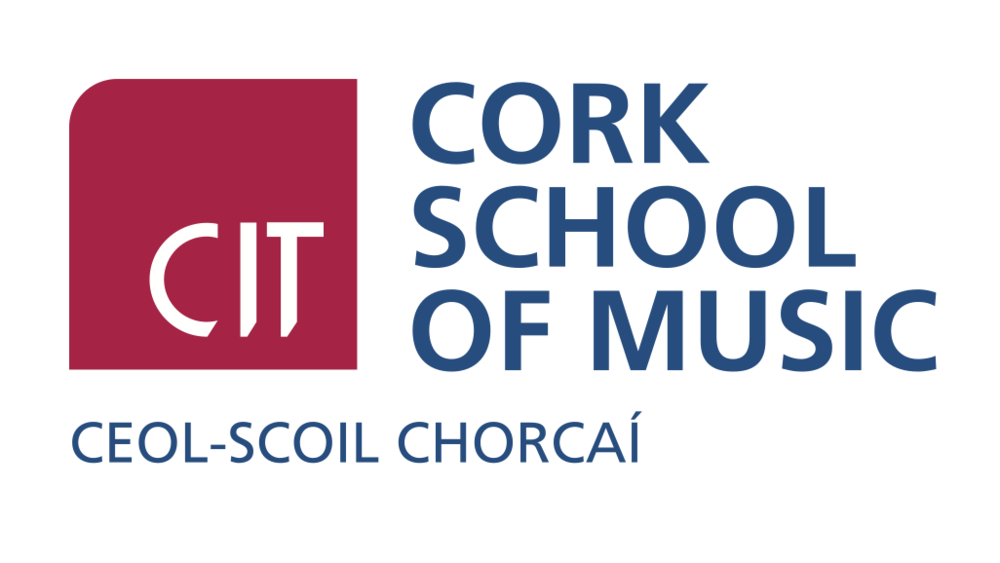
“Ireland has a long and proud history of songs and singing. Our rich heritage is reflected in the variety of style and function of the songs nominated. Many from the oral tradition are still popular today and have been nominated, alongside more recent additions to our song repertoire (Maria Judge, CIT).”
15. Italy:
Alfonso Santimone, National Academy of Jazz, Siena
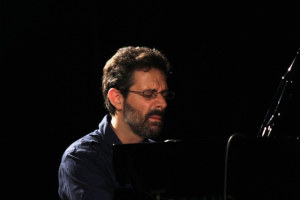

Stefano Sanfilippo, pianist, conductor and Erasmus coordinator, Conservatory of Music “V. Bellini” Catania, Sicily
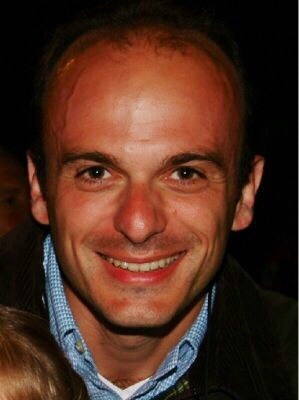
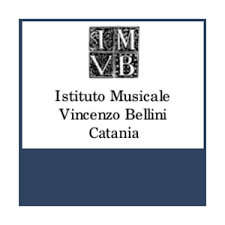
“The nominated Italian songs represent transversally the taste and the musical tradition of millions of people. Through time, they embrace and unite generations of users and fans of all kinds of the song.” (Stefano Sanfilippo)
16. Latvia:
Rūta Kanteruka, president, Latvian Music Teachers’ Association (LVIIMSA)
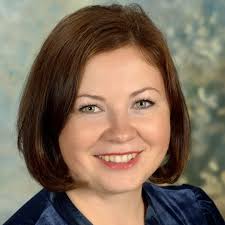
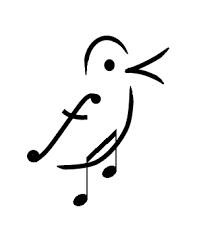
“The nominated Latvian songs express our mentality, feelings and views on life, love, as well as the things good and important to us Latvians. I am interested in the project as the first EU Songbook will collect 168 songs from all Europe. It will be fantastic research material that will allow people to get to know other EU states better. The project will encourage not only being conscious of one’s identity but also tolerance towards other nations. We’re all human beings after all”.
17. Lithuania:
Arvydas Girdzijauskas, conductor, board member, Lietuvos chorų sąjunga (Lithuanian Choral Union) – https://lchs.lt/en/members-en/
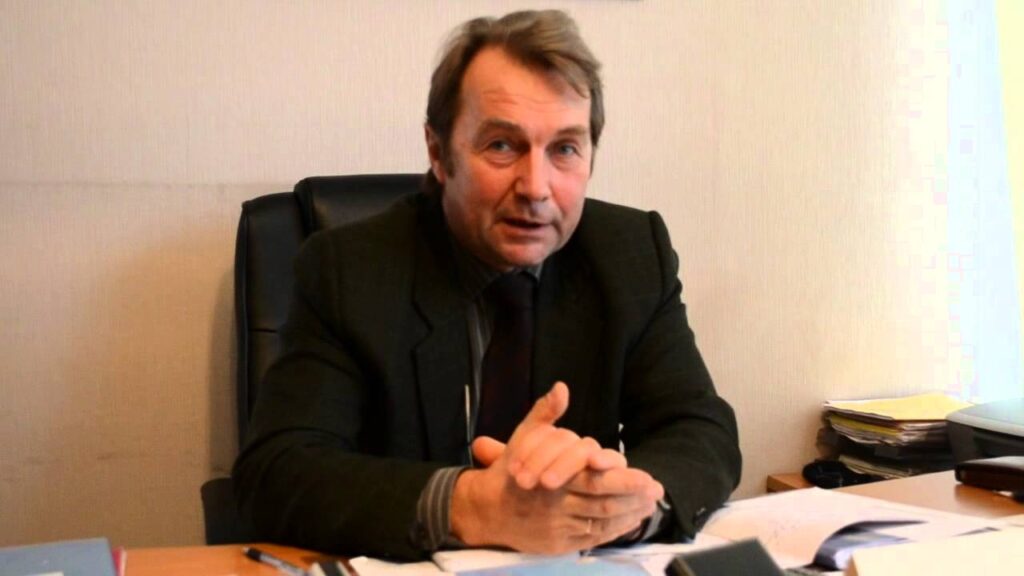

“Lithuania is the land of songs. As in the neighboring countries of the Baltic States, Latvia and Estonia, Lithuania has a tradition of song festivals in Lithuania, with a deep tradition of choir movement. This list includes songs from different periods, genres and styles, whose main selection criteria were both popularity and quality. I hope that both the Lithuanian musical community and Lithuanians in general will actively participate in the vote and select songs that can properly represent our country in the EU Songbook.”
Advisor: Aurelija Andrejauskaitė, Head of Music Division, Lithuanian National Culture Centre
18. Luxembourg:
Robert Köller, Sec. General, and Raoul Wilhelm, Fédération Nationale de Musique du Grand-Duché de Luxembourg, (UGDA)
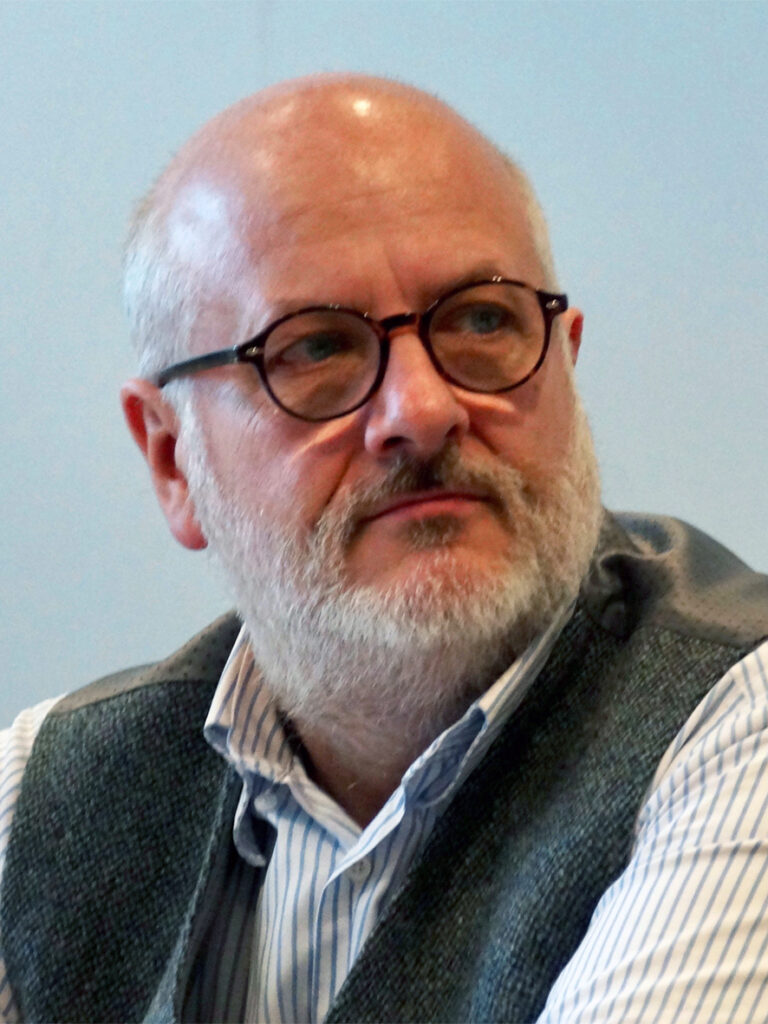
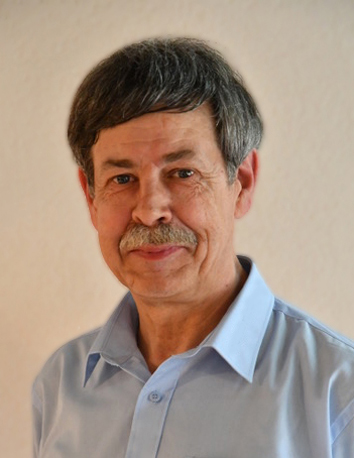
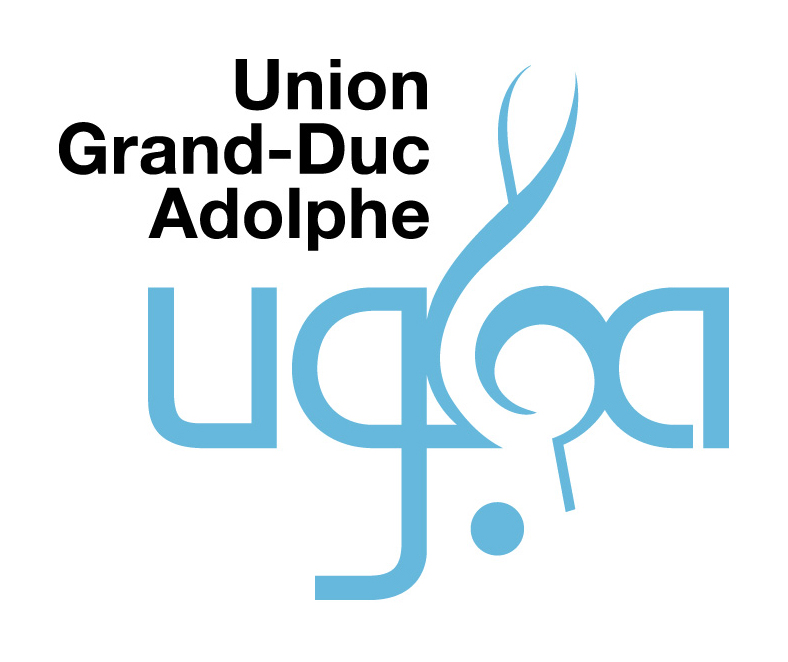
“This collection of songs from all EU-countries, chosen by their citizens, has been nominated by a group of enthusiastic volunteers which deserve our gratitude. Such a collection and its availability will be a part of tomorrows’ choir work all over Europe, but also in education, allowing to experience particularities, as well as common grounds of all these nations (Robert Köller)”.
Arend Herold, director, Institut Européen de Chant Choral Luxembourg (INECC)
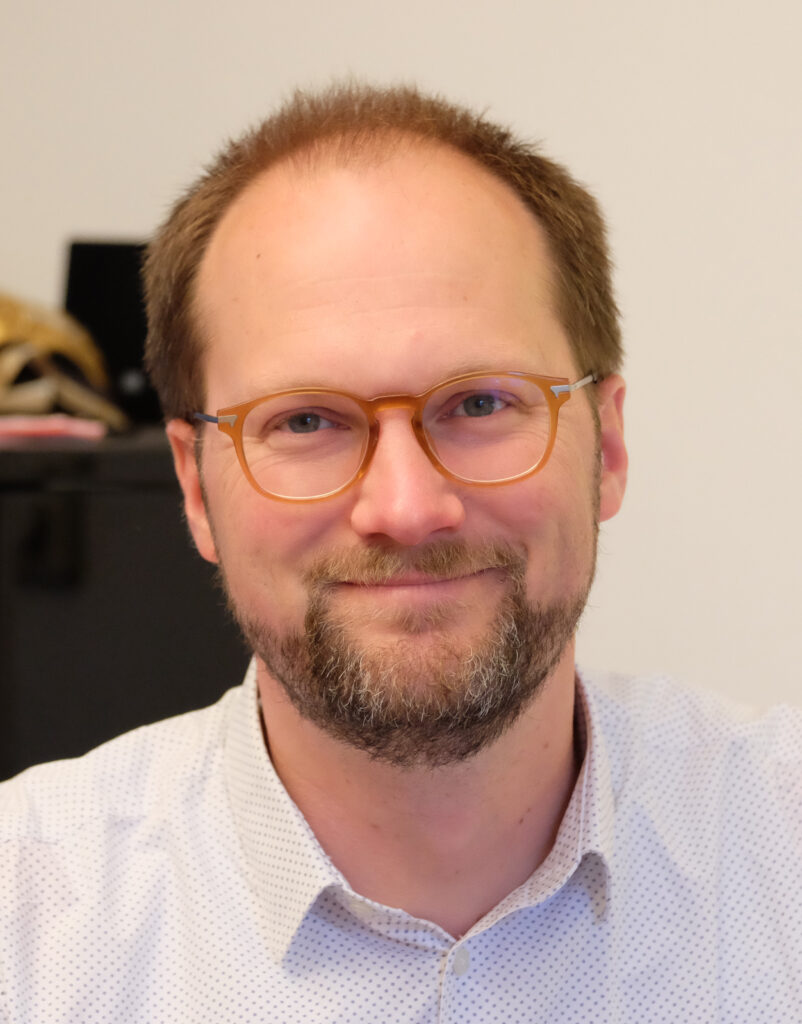

“I am happy that the EU Songbook is continuously working its way into the Luxembourgish society! The call for vote has been widely spread in the local media and it has even triggered a debate on Facebook about our musical heritage. Let’s hope that the EU Songbook itself will be received as well as the votings!”
19. Malta:
Dr. Albert Pace and Dr. John Galea, University of Malta, School of Performing Arts
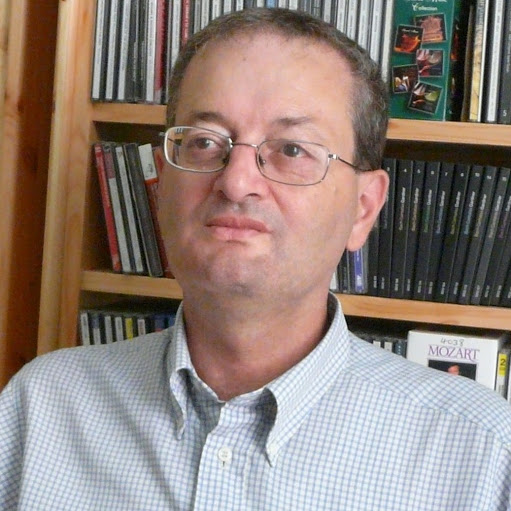
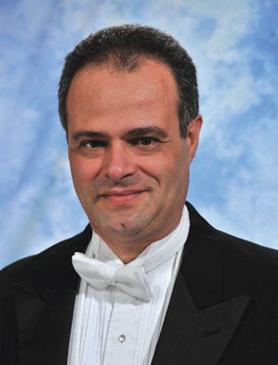
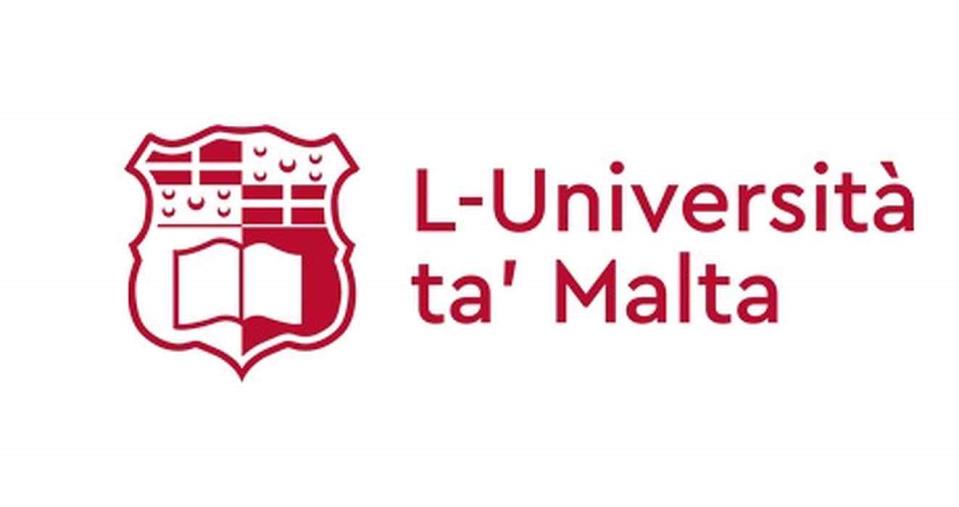
“Some songs, particularly in a small country like Malta, have an almost iconic status for the local population. It is a fascinating idea to have these songs shared with other fellow citizens of the European Union (Dr. A. Pace)”.
20. Netherlands:
Christiane Nieuwmeijer, University of the Arts in Utrecht – https://www.hku.nl/en/home


Lieuwe Noordam, Prince Claus Conservatoire, Groningen – https://www.hanze.nl/eng
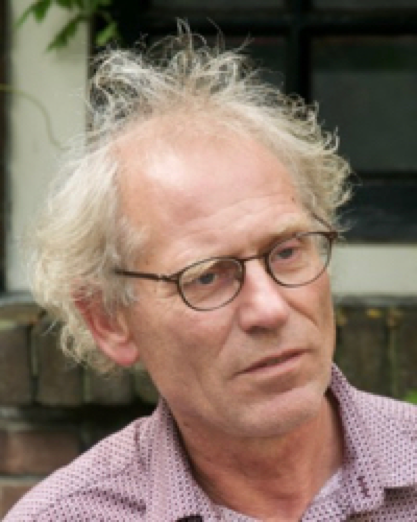
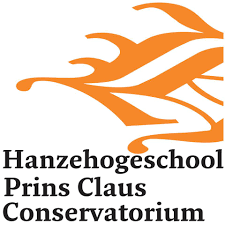
“’Frisia non cantat’ is said. But nothing is less true. Although we are often internationally oriented the Dutch repertoire is rich and diverse. This is evidenced by the nominated songs presented by hundreds of music professionals and worth the effort to be included in this European Union Songbook. (Noordam and Nieuwmeijer)”
21. Poland:
Prof. Marcin Tomczak, Head of Choir Conducting Department, & Dorota Stefaniak, librarian, Academy of Music, Stanisław Moniuszko in Gdańsk – https://www.amuz.gda.pl/en
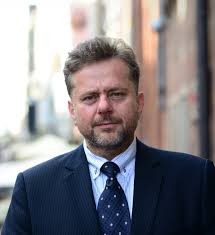

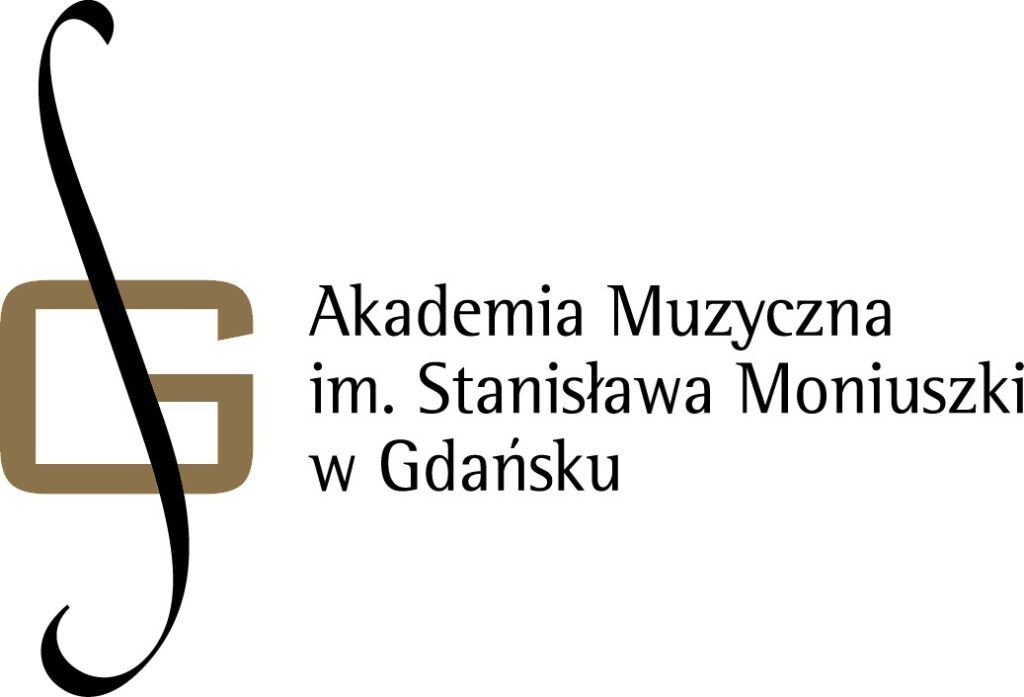
“We hope that the EU Songbook will encourage the Europeans music lovers to get better acquainted with the Polish musical culture!”
22. Portugal:
Manuela Encarnacao, Association of Portuguese Music Teachers (APEM) – https://www.apem.org.pt/associacao/about-apem-english/
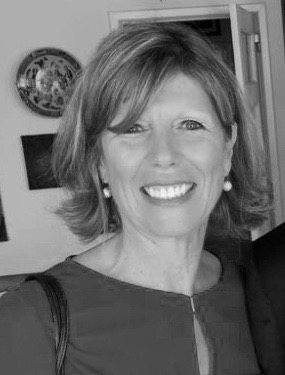
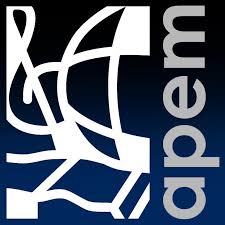
Jorge Alves, Association of choirs in Lisbon

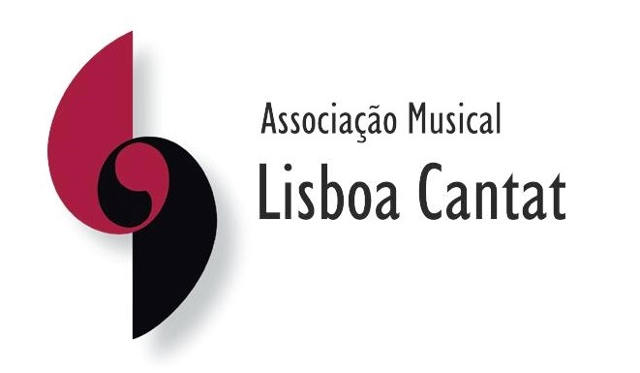
“The EU Songbook, structured in six thematic categories, reflects well the different cultures and genres that our country welcomes, crossing both rural and urban worlds as well as eras, influences and songs of other parts of the world: A work that will concentrate in a single volume a transversal image of European music showing diversity and affinity between the European peoples” (Manuela Encarnacao & Jorge Alves).
23. Romania:
Dr. Grigore Cudalbu, Romanian National Association of Choral Music (ANCR) & National University of Music, Bucharest (UNMB) – http://www.unmb.ro/eng/
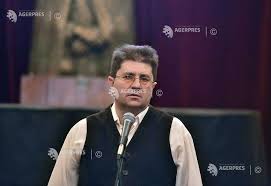
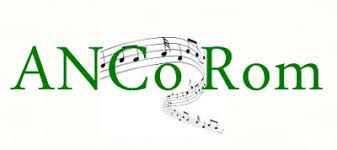
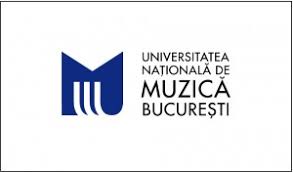
“From all music cultures, traditional or modern, the most diverse qualities are brought together here, both from a social or educational perspective, exposing what man is and what he can become. Regardless of the musical genre or the chosen subject, the Romanian songs confirm the existence of a genuine Romanian musical language, full of ancestral meanings”.
Alexandra Belibou, Lecturer PhD, Faculty of Music, Transilvania University of Brașov – https://www.unitbv.ro/
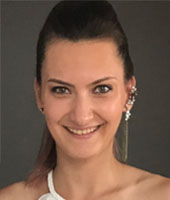
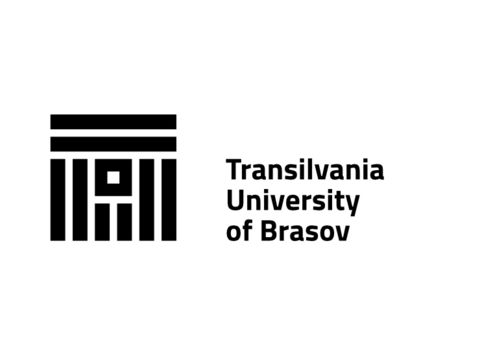
24. Slovakia:
Eva Čunderlíková, Secretary General, Slovak Music Teacher Association (AUHS), Academy of Music Bratislava (VŠMU) – https://www.vsmu.sk/en/
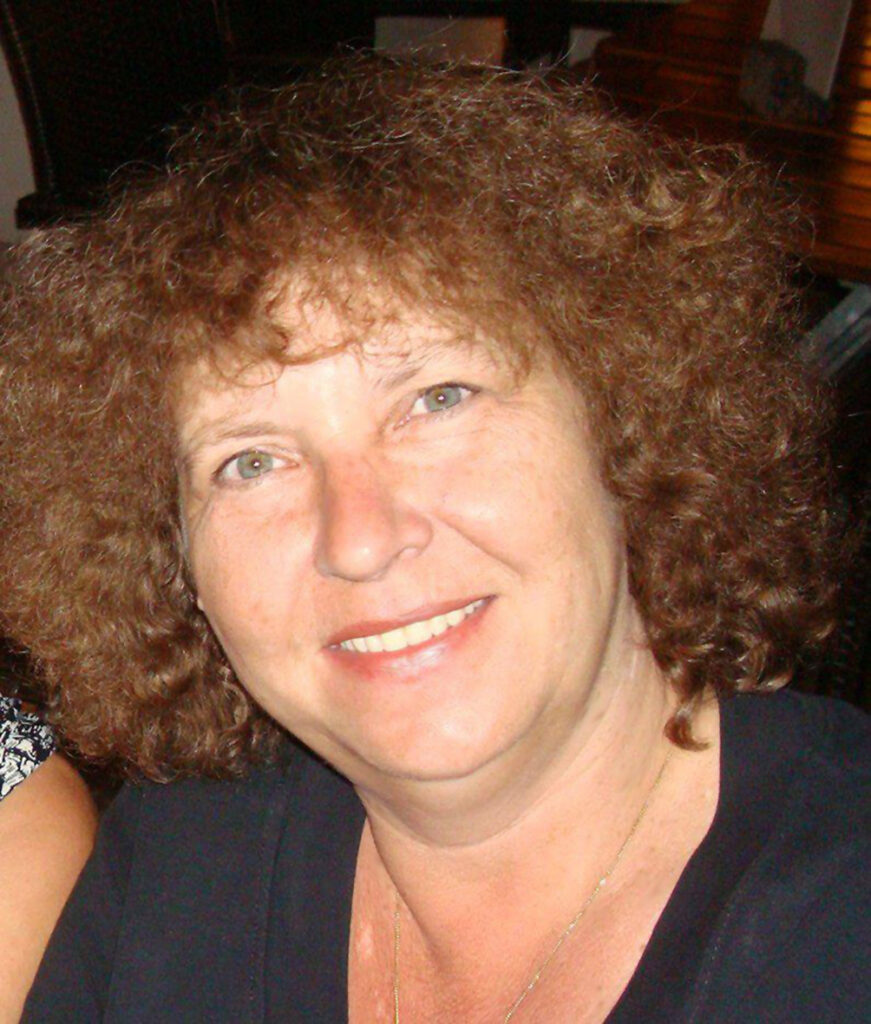
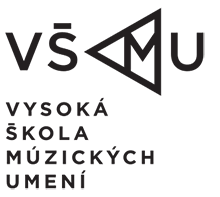
“The Slovak songs are of various types and genres, thematically focused on the 6 categories. In each category, the songs are different – folk or contemporary, choral, spiritual and popular from different time periods. Now it is up to each of you to vote for your preferences: The six songs that will get the most votes will represent Slovakia in the first EU Songbook, encompassing all countries in the union”.
25. Slovenia:
Dr. Dušan Bavdek, composer and Ass. professor, vice dean of international activities, Academy of Music, University of Ljubjlana / Slovene Society of Composers (DSS)
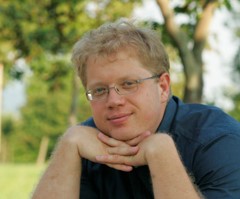
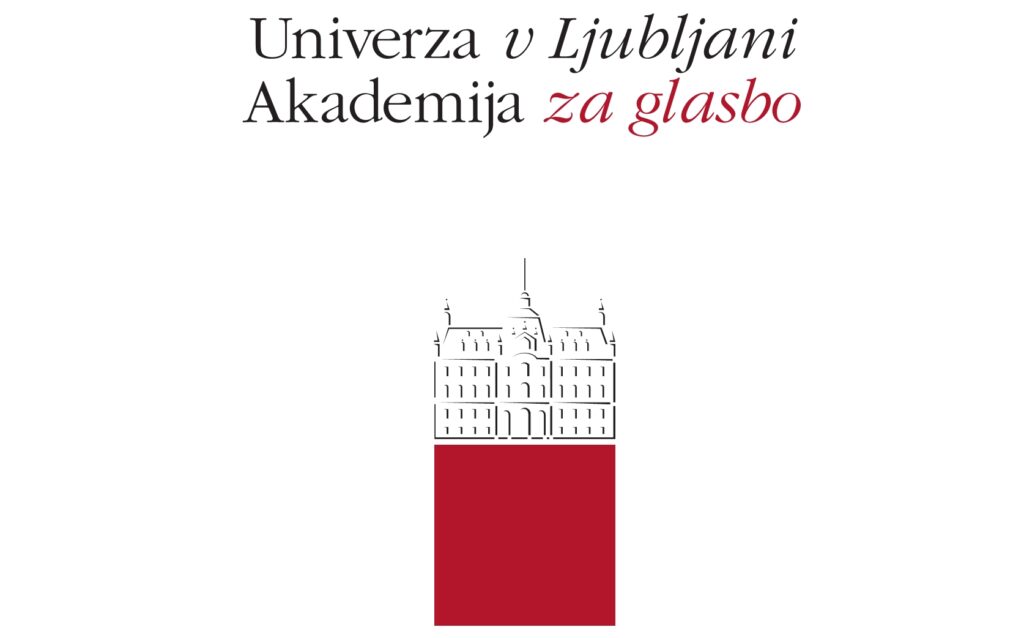
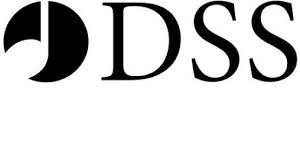
“The nominated Slovenian songs cover all genres and periods from a relatively distant history to modernity and emanate Slovenian spirit and a great love for vocal and choral music. By offering the opportunity for European countries to bring their colorful pieces of music into a common European cultural mosaic, the EU Songbook beautifully fosters the fundamental European values of mutual respect, of cultural and linguistic diversity and care for the preservation of cultural heritage”.
Leon Stefanija, University of Ljubljana, Faculty of Arts – https://www.ff.uni-lj.si/en/faculty/about-faculty-arts
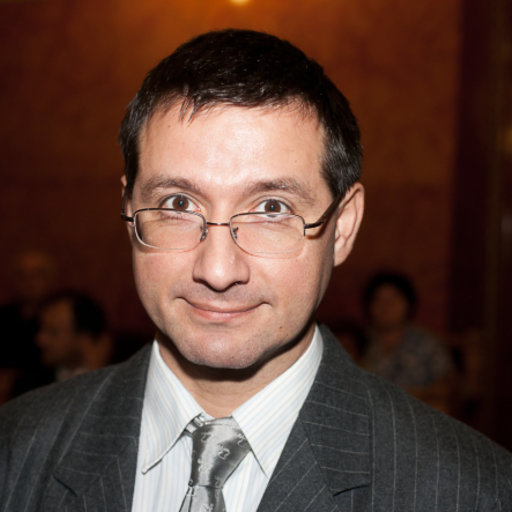
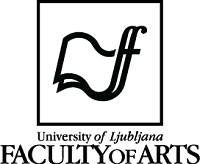
26. Spain:
Julio Alexis Muñoz, director, & Carmen García Jiménez, head of studies, Escuela Superior de Canto de Madrid (ESCM) – https://escm.es/


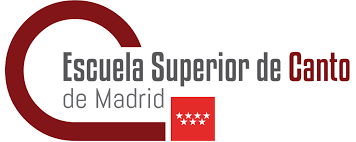
“Spain, due to its geographical location, has accommodated in its popular heritage influences from several continents, mutual musical impact that has shaped a very varied range of traditions present in our various regions. All Spaniards can relate to many of the nominated songs. We are delighted to contribute to the creation of an EU Songbook that will surely serve to further strengthen the cultural ties that unite us”.
27. Sweden:
Susanne Rosenberg, Head of Folk Music Department, Royal College of Music in Stockholm – https://www.kmh.se/in-english.html
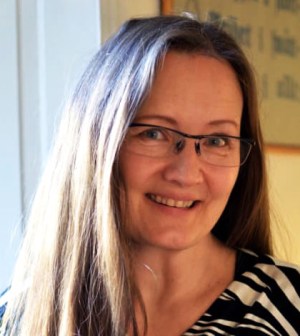
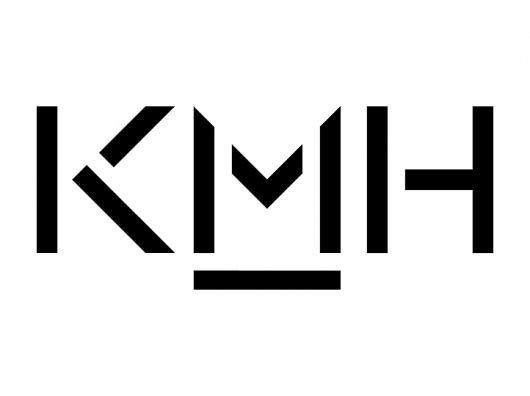
“The hardest part has been to place the songs in the right category; it actually became something of a puzzle. It turned out that all Swedish songs that have become popular in one way or another are about nature. I do not know if it is unique, but it made the nomination work quite complicated. Swedish is a language rich in nuances but poor in synonyms, and this places high demands on the translation (Rosenberg to SVT)”.
Kerstin Carpvik, head of library, Musikverket – https://musikverket.se/
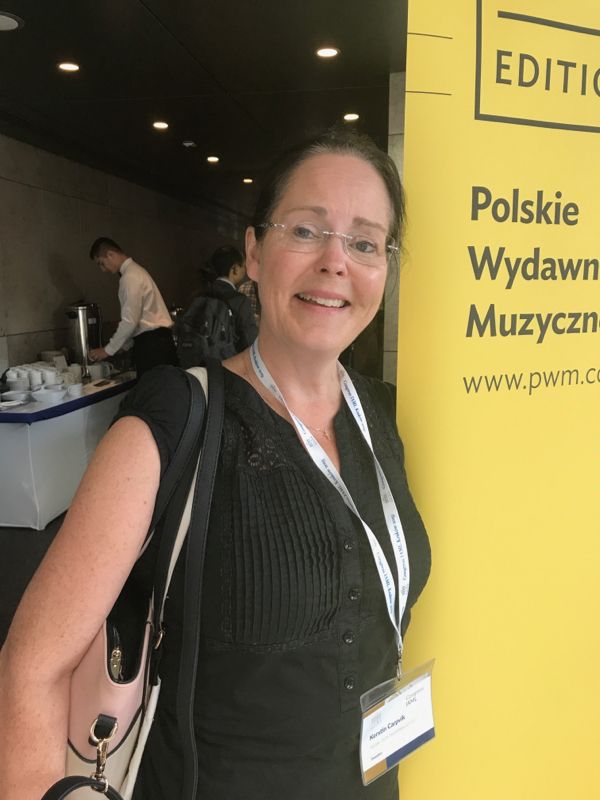
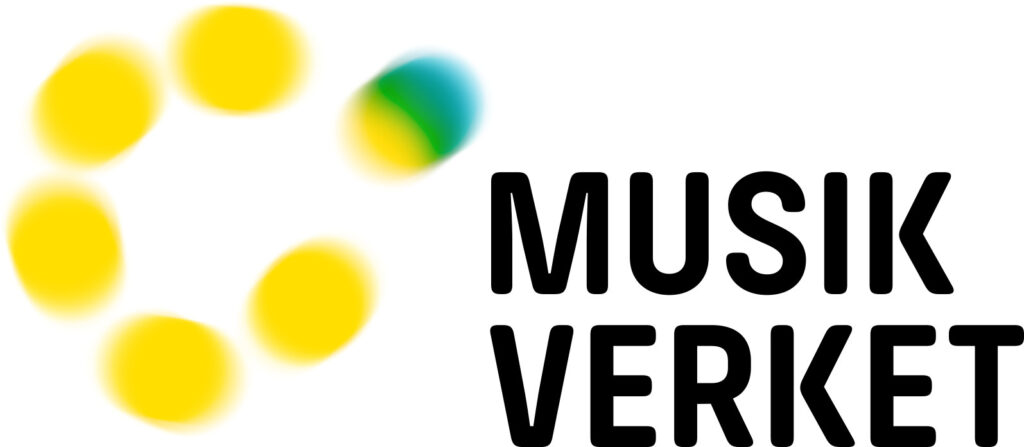
(28. Guest editor from the UK):
Former principal of Birmingham Conservatoire, professor David Saint – https://www.bcu.ac.uk/conservatoire


“The EU Songbook brings together various manifestations of an important aspect of our great European musical heritage. And it’s an aspect that could so easily be lost. How wonderful that among longer established UK songs are several more contemporary offerings, for a living tradition is one that is constantly evolving. I salute the leaders of this joyous project!”